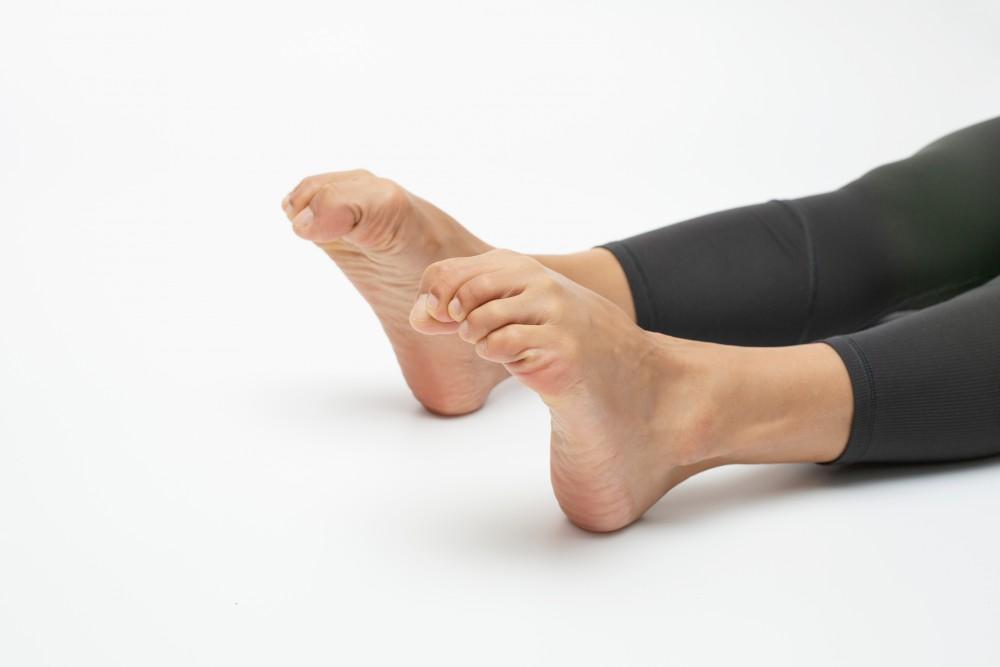
Lower Your Risk for Hip Fracture Complications

Around 1.5 million Americans experience hip fractures every year. Hip fractures have a high risk of complications, which can severely impact your quality of life and, in some cases, lead to death. Fortunately, you can take steps to lower your risk of hip fracture complications.
Our team of orthopedic surgeons at Bahri Orthopedics & Sports Medicine Clinic provides expert treatment for hip fractures and other painful hip conditions in Jacksonville, Florida. We can help you recover quickly and safely and lower your risk of potentially dangerous complications.
Hip fracture complications and how to prevent them
Around 20% of patients who break their hips suffer from some complications. Let’s explore some of the typical hip fracture complications and how to reduce your risk.
Blood clots
A hip fracture can interfere with blood flow in and out of your legs. When your circulation is slow, your risk of developing blood clots increases. You can reduce your risk of blood clots while recovering from a hip fracture by attending your physical therapy sessions and practicing your exercises at home. Your doctor might also prescribe medication to reduce your risk of blood clots.
Pneumonia
Approximately 4% of patients who fracture a hip develop a pulmonary complication like pneumonia after a hip fracture. You can reduce your risk of infection by participating in pulmonary rehabilitation programs. For example, your doctor might recommend practicing deep breathing exercises and using an incentive spirometer as directed. You should also keep your hospital bed at a 30-degree angle and get up and move around as soon as you’re able.
Muscle atrophy
Hip fractures are often incredibly painful and reduce your mobility, which leads to lost muscle mass and strength. As you lose muscle, your risk of future falls and injuries increases. Participating in physical therapy, practicing your exercises at home, and getting up to move around as your doctor recommends.
Urinary tract infections (UTI)
Many patients need to have a catheter after a hip fracture as they can’t move around as easily and might have trouble making it to a bathroom. Additionally, anesthesia can cause urinary retention, which prevents your bladder from emptying, allowing urine to sit in your bladder for longer than it should. Both of these factors contribute to UTIs. Your doctor might prescribe an antibiotic after your repair surgery to reduce your risk of infection. You might also benefit from pelvic physical therapy and bladder training so you can empty your bladder.
An ounce of prevention is worth a pound of cure
You can take steps to reduce your risk of hip fracture-related complications before you even have an injury. Part of the reason that hip fracture complications are so common is that most people who break their hips are over 65 and have other health problems.
While you can’t stop the natural aging process, you can take steps to protect your overall health and reduce your risk of breaking your hip in the first place, as well as potential complications.
Prevent osteoporosis
Thin, brittle bones are more vulnerable to fractures. You can protect your bone health by getting enough calcium and vitamin D. You should also exercise every day — even a 20-minute walk around your neighborhood after dinner can increase your bone and muscle strength.
You can also enhance your health overall and reduce your risk of osteoporosis and bone fractures by avoiding smoking and tobacco products and limiting your alcohol consumption.
Accident-proof your home
You can also make some small changes at home to reduce your risk of falling. For example, keep your stairs and floors clear of cords and other tripping hazards. You can also get rid of loose rugs or use non-skid backing to keep them in place. If you get up at night frequently, add a few nightlights between your bedroom and bathroom.
If you’re concerned about a hip fracture or are looking for expert orthopedic surgeons in Raleigh, call or schedule a consultation online with our team of orthopedic specialists.
You Might Also Enjoy...


Fracture Care: Nonsurgical Options vs. Surgery

Am I a Good Candidate For Shoulder Replacement?

Staying Active With Knee Osteoarthritis: Our Top Tips

Struggling with Ankle Instability? Here's How to Avoid Future Sprains


